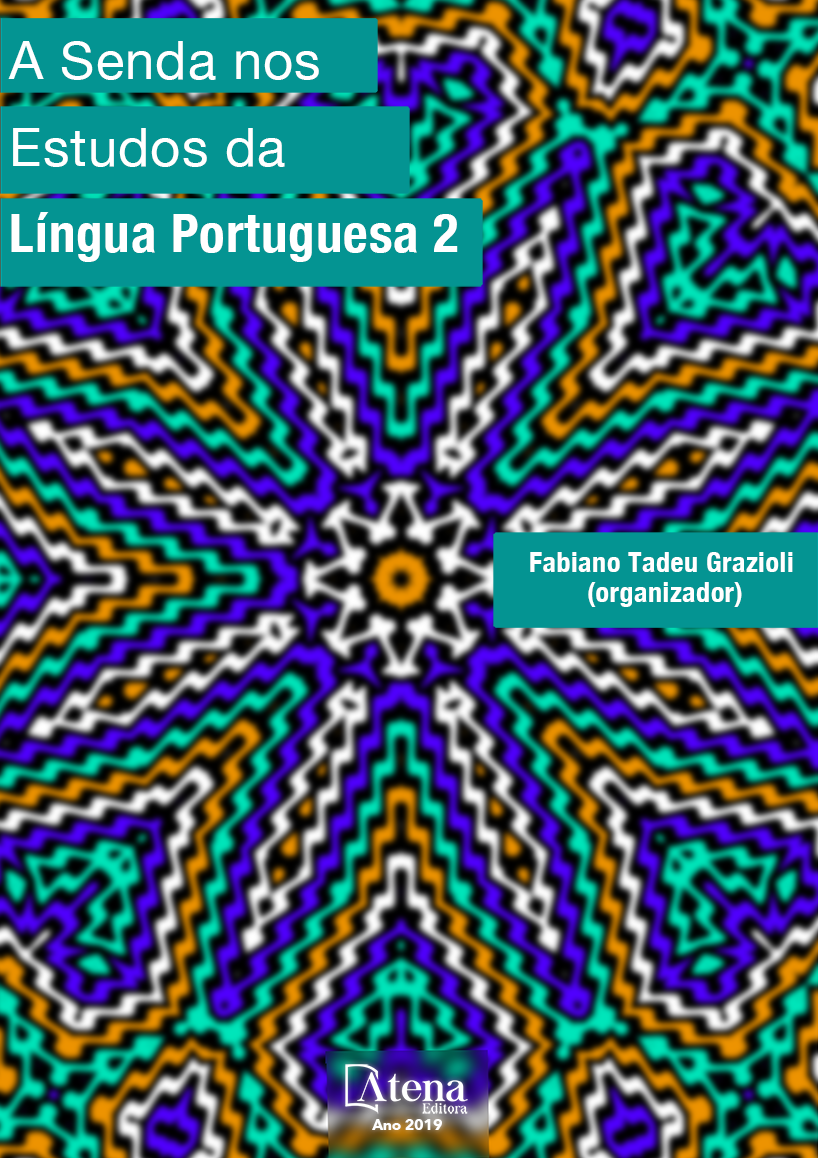
APRENDER E ENSINAR A ESCREVER: LIMITES E POSSIBILIDADES
Início do século XXI e a formação de
leitores e escritores competentes e autônomos
continua sendo um dos maiores desafios das
escolas de educação básica. Notícias de que
os alunos não gostam de ler e escrever, além
de reclamações dos professores universitários
de que os estudantes têm pouca capacidade
para expor suas ideias sobre os conhecimentos
estudados, são frequentes. As dificuldades
são atribuídas, invariavelmente, a falhas no
ensino da escrita que têm sua origem no
Ensino Fundamental. A presente pesquisa
investiga a didática da linguagem escrita
dos professores dos anos iniciais do ensino
fundamental a partir de algumas questões:
como tem sido trabalhada a escrita no período
da alfabetização? Que fazer para que os alunos
gostem de escrever? Que gêneros textuais são
propostos aos alunos? Basta oferecer várias
situações de escrita para ensinar a escrever?
Os alunos aprendem a revisar textos?
Ancorados em estudos e pesquisas de vários
estudiosos (Smolka, Calkins, Lerner) buscamos
responder essas questões em escolas públicas
de Ponta Porã/MS cidade na divisa entre Brasil
e Paraguai, e desenvolvemos uma experiência
de alfabetização como processo discursivo
durante o estágio dos acadêmicos da UFMS.
A pesquisa, indica que a alfabetização
como processo discursivo é um processo de
construção de sentidos – no qual se aprendem,
pelo uso, as funções sociais da escrita, as
características discursivas dos textos escritos,
os gêneros utilizados para escrever e muitos
outros conteúdos de diferentes áreas do
conhecimento mediatizados pela interação,
interlocução e interdiscursividade. Aponta,
também, a necessidade de estudos sobre a
didática da língua escrita.
APRENDER E ENSINAR A ESCREVER: LIMITES E POSSIBILIDADES
-
DOI: 10.22533/at.ed.93119240719
-
Palavras-chave: linguagem escrita; didática; escrita; leitura.
-
Keywords: written language; didactic; writing; reading.
-
Abstract:
It is the beginning of the 21st
century and the process of developing competent
and autonomous readers and writers still is one
of the biggest challenges in basic education
schools. News about the fact that students do
not like reading and writing, besides complaining
from professors at universities that their students have little capacity of exposing ideas
about what was studied, are frequent. The difficulties are attributed, invariably, to flaws
in the process of written language teaching that has its origin in elementary school.
The present research investigates the didactic of written language of teachers of
the initial years of elementary school, based on questions such as: how has written
language been taught in the initial writing instruction? What can be done in order to
make students like writing? What kind of genre are offered to the students? Is it enough
to offer different writing situations in order to teach how to write? Do the students learn
how to review their texts? Based on studies of many researchers (Smolka, Calkins,
Lerner), we aimed to answer these questions by looking at public schools in Ponta
Porã/MS, twin city with Pedro Juan Caballero (in Paraguay), and we have carried out
an experience of initial reading and writing instruction as a discursive process during
the practicum of UFMS. The research indicates that literacy as a discursive practice is
a process of building meanings — in which are learned, because of its usage, the social
functions of writing, the discursive characteristics of written texts, the genre used to
write and many other contents of different areas of knowledge mediated by interaction,
interlocution and interdiscusivity. It also points out the need of studies on the didactic
of written language teaching.
-
Número de páginas: 15
- Bruna Fernandes dos Santos
- ANA LÚCIA NUNES DA CUNHA VILELA


